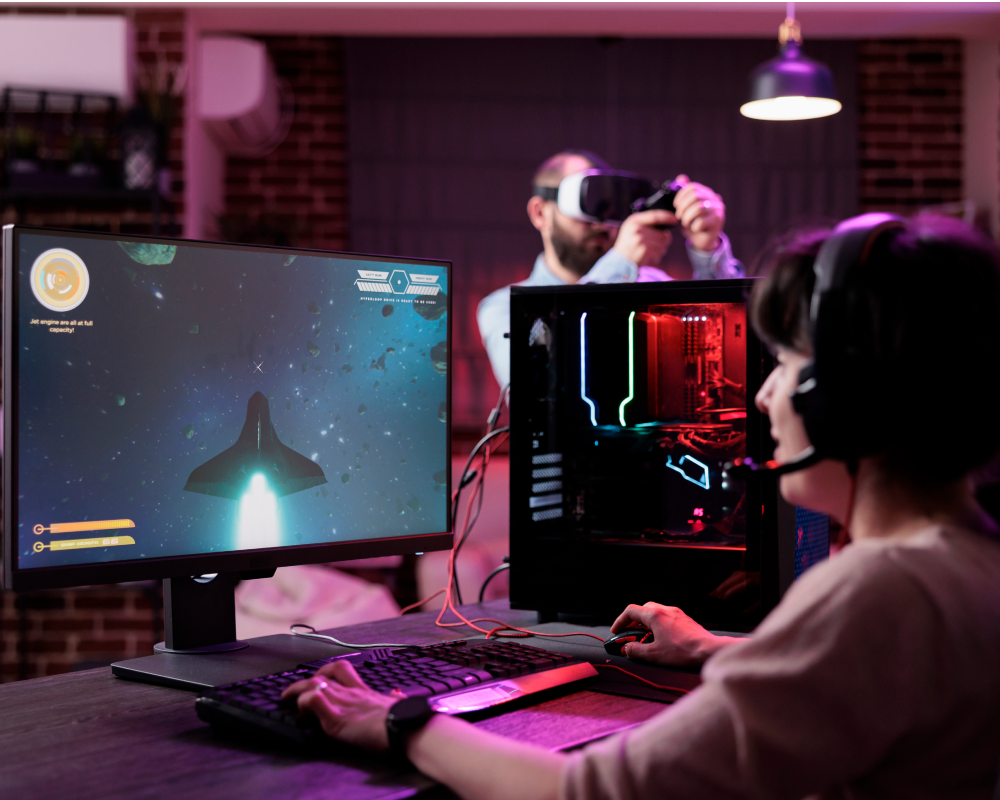


As gamers, we are always on the lookout for games that provide us with engaging and thrilling experiences. Therefore, the gaming industry is constantly seeking new technologies to push the boundaries of player experience. Nowadays two major trends have been dominating the conversation: generative AI and virtual reality (VR) or augmented reality (AR) headsets. But are these trends truly ready to reshape the gaming world, or are there still obstacles in the way?
As explained by Koei Tecmo's president and chief operating officer, Hisashi Koinuma, game developers like Koei Tecmo have been using conventional algorithmic AI for quite some time now, but when it comes to the latest iteration - generative AI - they are proceeding with caution. Koinuma admits that they are still researching how generative AI can benefit game production, including potential rights-related issues. It's a promising frontier, but there are hurdles to overcome.
One significant concern in the world of generative AI is copyright. For instance, Microsoft told Copilot users that it would take legal responsibility for any copyright violations committed by their use. This shows that while generative AI holds immense potential, there are still legal complexities to navigate.
Generative AI aside, the gaming world has also been buzzing with the development of VR and AR headsets. Companies like Apple, Meta, and Sony have been making strides in this space. However, the question remains: do the games available for these devices meet the high expectations set by the technology?
Koinuma, a veteran developer, acknowledges the potential of VR and AR but urges caution. He mentions that Koei Tecmo was among the pioneers in developing VR games. Yet, despite the excitement surrounding these technologies, there were challenges. The early VR gadgets weren't ideal for extended gameplay, and the experience didn't match the pure enjoyment players expect from traditional gaming.
In essence, Koinuma believes that for VR and AR to truly revolutionize gaming, the groundwork needs to be laid. Players should be able to enjoy games on these devices for extended periods comfortably. It's not just about the hardware but also about creating a rich ecosystem supporting these technologies.
So, where does this leave us? The gaming industry is indeed on the cusp of a new era, driven by generative AI and immersive VR/AR experiences. However, it's a cautious optimism that prevails. Developers like Koei Tecmo recognize the potential but understand that there are still challenges to overcome.
We, as gamers, can look forward to a future where AI-powered NPCs provide us with exceptional interactions and where Virtual and Augmented Reality headsets become our gateways to thrilling new worlds. But for now, let's appreciate that these changes will take time, patience, and a lot of testing. The gaming future is bright but also a work in progress.


Hello, I am Aria!
Would you like to know anything in particular? I am happy to assist you.